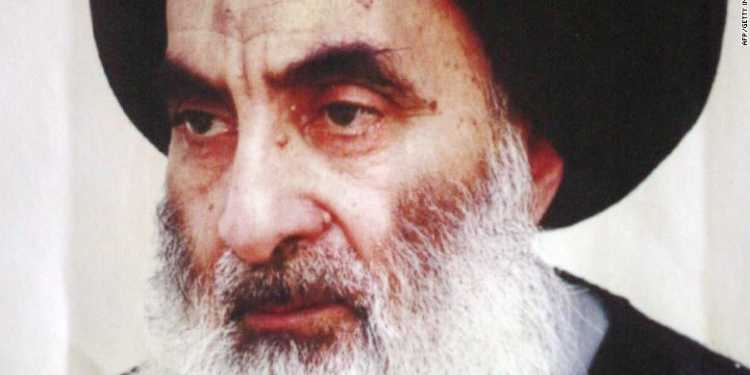Ayatollah Ali al-Sistani the top Shi’ite cleric from Iraq has issued a new fatwa which is sure to draw remarks from around the world. Funnily enough this time the Shi’ite cleric’s fatwa has not got anything to do with the western countries but is directed towards India, Ayodhya to be precise. The fatwa issued by the cleric who is counted as one of the prominent religious authorities for Shias from around the world, points out that the properties belonging to the Waqf board cannot be handed over to other parties for construction of temple or any other shrine. The fatwa was issued by Ayatollah Ali al-Sistani in reply to a query posted by an educationist Dr Mazhar Naqvi from Kanpur, Uttar Pradesh. The Uttar Pradesh Shia Waqf Board had urged the Supreme Court to build the temple at the disputed site while the mosque could easily be moved to a nearby Muslim-dominated area to settle the bitter dispute once and for all.
It is important to note here that the UP Shia Waqf Board had in the past cited historical references to Mir Baqi, the builder of the Babri Mosque as being a Shia Muslim and therefore the caretaker or mutawali of the mosque would be the Shia Waqf Board. The Shia Waqf Board Chairman Waseem Rizvi has repeatedly issued statements signalling the urge of the Board to hand over the disputed land in Ayodhya for construction of the Ram Janambhoomi temple. The Shia Waqf Board from UP claims that since the site of the land belongs to them, they are ready and willing to give it for the temple to build social harmony. This decision by the Board had been welcomed throughout India and had been praised as a statement which generated peace.
Talking in reaction to the fatwa issued by the Iraqi cleric, Rizvi from UP Shia Waqf Board said, “There is an international pressure on Shia Waqf Board to support the Babri Masjid litigants. This fatwa from Ayatollah Sistani is a part of that tactic. Shia Waqf Board will work as per the norms laid by the Indian Constitution and not as per any pressure from terrorists or according to any fatwa. We are not ready to abide by the cleric’s opinion. The advise was taken after misguiding him on the issue.” Rizvi went on to add, “Ram Temple in Ayodhya is a question of faith for Hindus and Shia Waqf Board is concerned about development of the society and the country. Hindu’s should get their right and Muslims should refrain from taking away anyone’s right. Shia Waqf Board will maintain its stand even if all the Muslims of the world stand in our opposition.”
Rizvi’s comments once again should be welcomed as they depict the stance of Indian Muslims on the issue rather than listening to outside pressure from communities which have no interest in India’s welfare. The Iraqi cleric who wants to impose his decisions in India should learn a thing or two about democracy and judiciary which is operative in India. The opinions of people from outside India are irrelevant and should not be given any importance as they emanate from biased and uninformed pool of knowledge. It should also be seen as an attempt to threaten the viewpoint of Indian Muslims from an outside body, pathetic indeed.

























